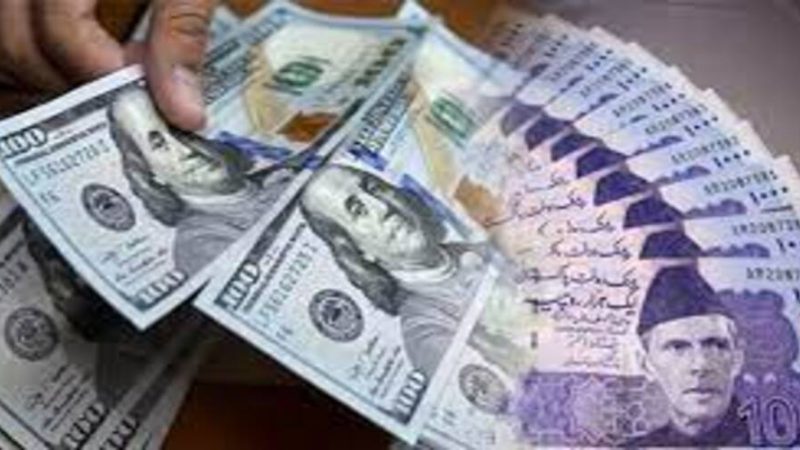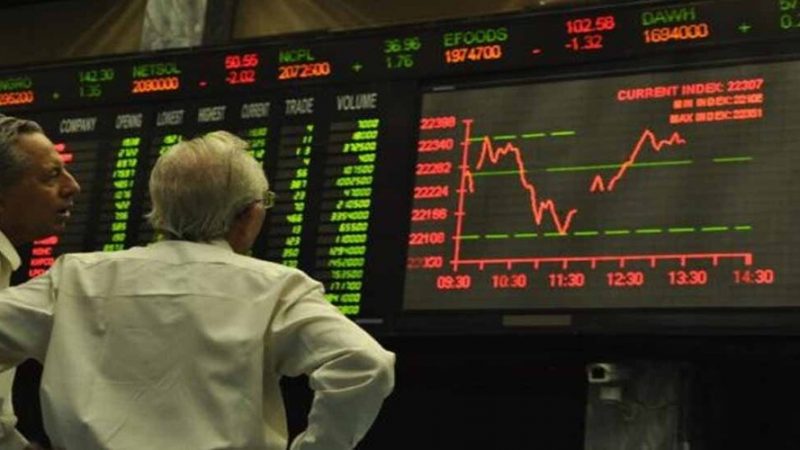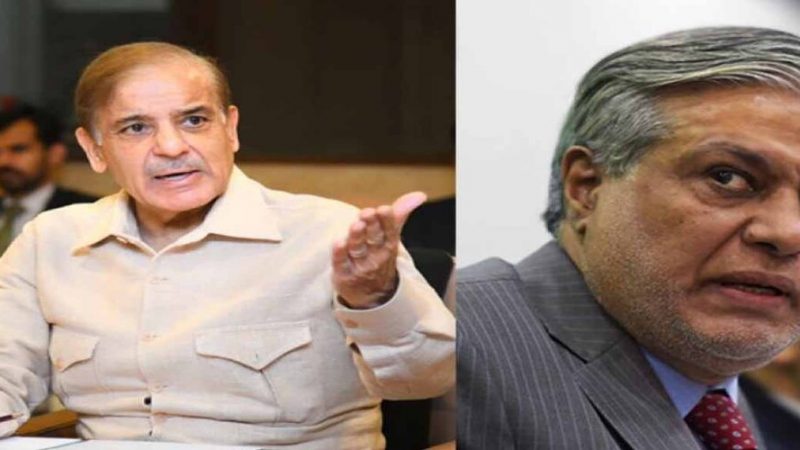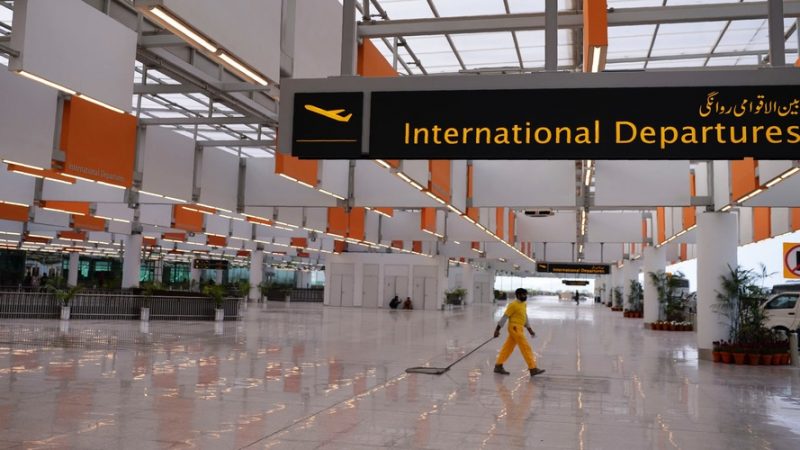Government Awaits IMF Approval Following Budget Revision
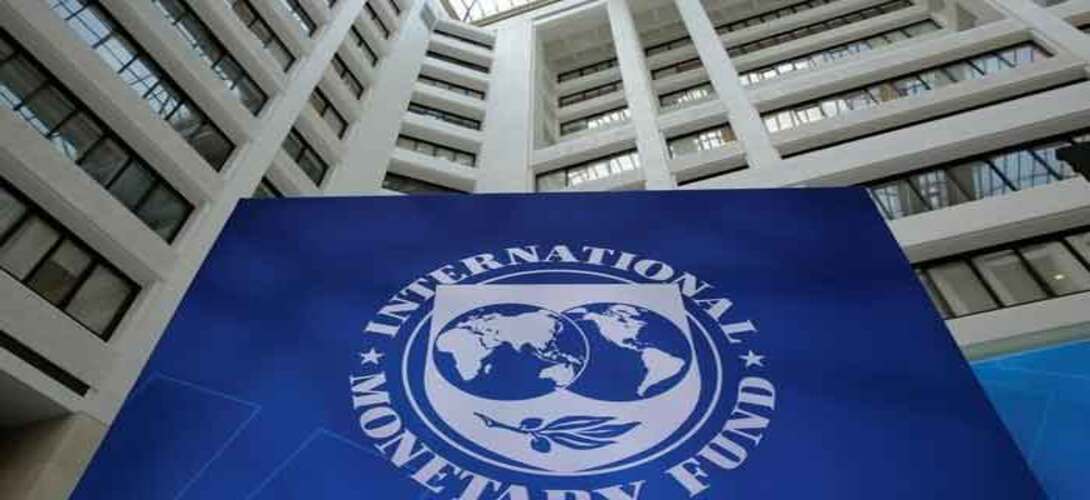
ISLAMABAD: The government expects a game-changing declaration from the international lending organisation over the next few days to secure much-needed bailout funding after modifying the budget to satisfy IMF requirements.
An official stated that “almost all the irritants between the IMF staff and the Ministry of Finance were addressed hours before the finance minister’s wind-up speech on Saturday,” adding that the announcement regarding the successful conclusion of the ninth review was an IMF privilege and was now merely a formality.
The official stated that the IMF mission was now in charge of setting up the specific dates for the lender’s executive board approval and money delivery. He did admit that it was not due until June 30, which is when the $6.5 billion Extended Fund Facility that was agreed upon in 2019 is scheduled to expire.
In Paris last week, Prime Minister Shehbaz Sharif also had back-to-back conferences with IMF Managing Director Kristalina Georgieva.
BeGreen was informed by a government representative that the initial budget, which was presented on June 9, had undergone considerable changes after being thoroughly discussed in the parliament.
“You can say this is the first time the parliament passed a budget that it had not discussed, and major adjustments were announced after the parliamentary debate was over,” he added.
The adjustments include the ability to raise the gasoline charge from Rs50 to Rs60 per litre as well as additional tax measures worth Rs215 billion, spending cuts worth Rs85 billion, the withdrawal of an amnesty on foreign exchange inflows, the relaxation of import restrictions, and an increase in BISP allocations of Rs16 billion.
However, officials insisted that the petroleum levy would not go up on July 1st, the start of the new fiscal year. In fact, according to the authorities, unless petroleum product use substantially fell from its already low level, an increase might not even be needed.
They claimed that in order to maintain low foreign exchange reserves until assistance from the IMF arrived, the authorities were also negotiating with the Islamic Development Bank for the maximum upfront disbursements from its already declared portfolio of over $4 billion.
The forthcoming holidays, as well as inherent procedural and administrative difficulties, would create a delay in the relaxation of import restrictions.
Over $4 billion in import shipments need to be cleared against the $8.86 billion total amount of foreign exchange reserves, which includes the $3.54 billion in reserves held by the central bank.
Esther Perez Ruiz, the resident representative of the IMF in Pakistan, did not respond to a request for comment.
She publicly questioned the budgetary measures following the June 9 budget announcement, claiming they lost the chance to expand the tax base in a more progressive manner and that the lengthy list of additional tax expenditures further eroded the fairness of the tax system.
Ms. Ruiz also expressed worry that the new tax amnesty set a dangerous precedent and violated the terms of the Fund program’s governance goal. Before passing the budget, she urged the government to make changes.
According to Pakistani authorities, these demands have finally been met.

